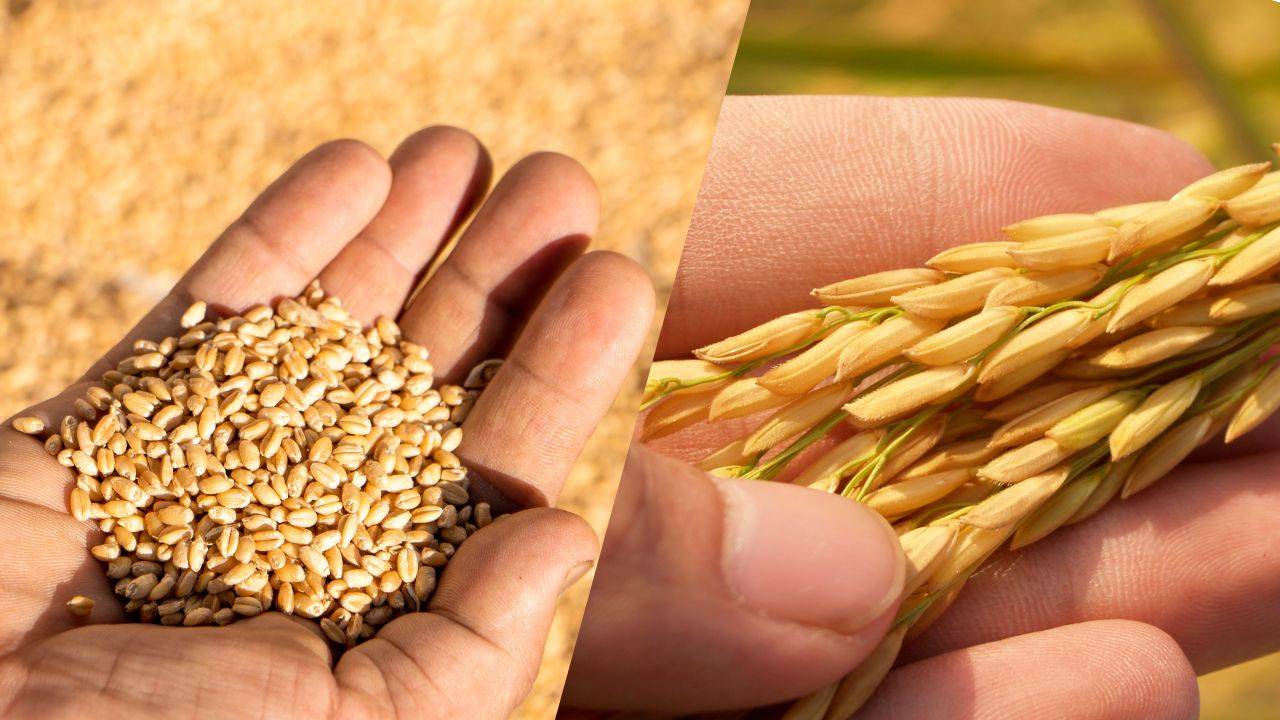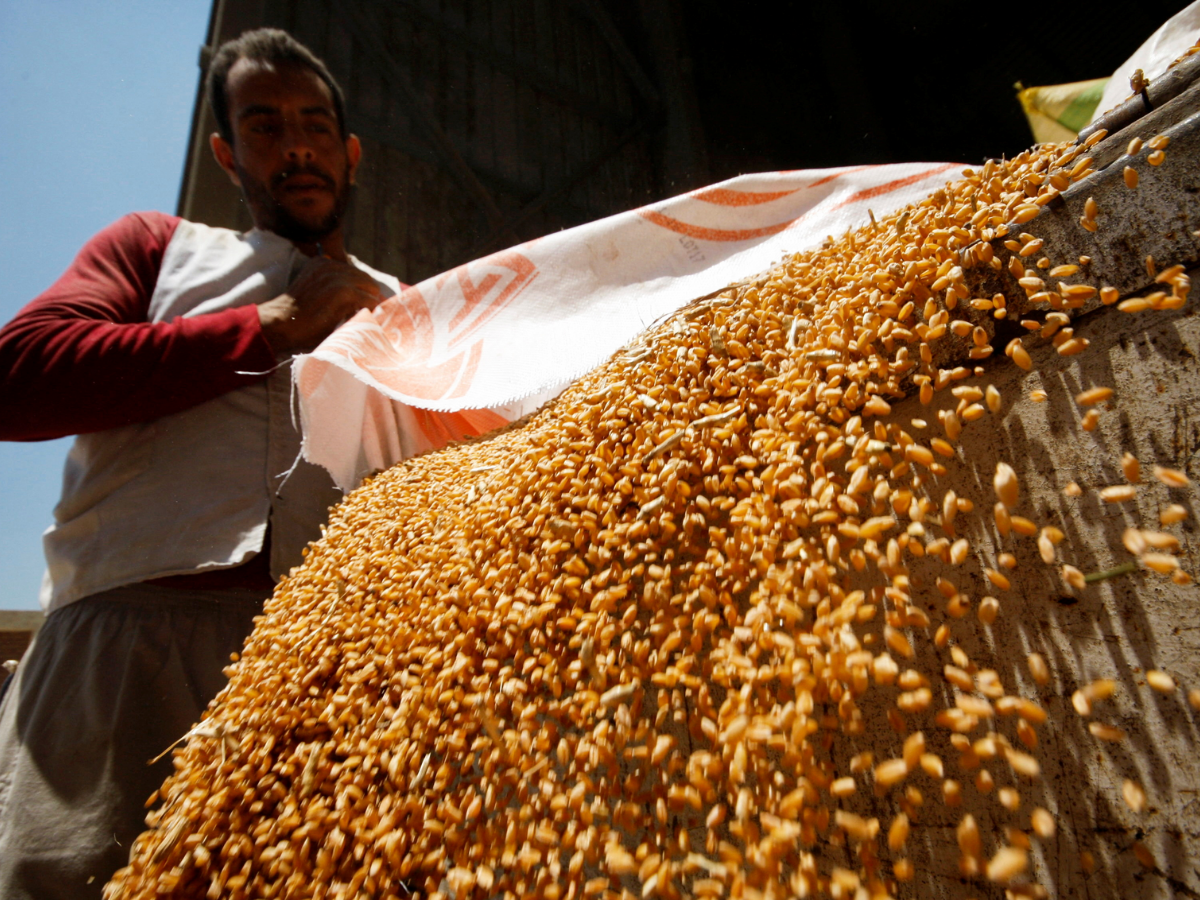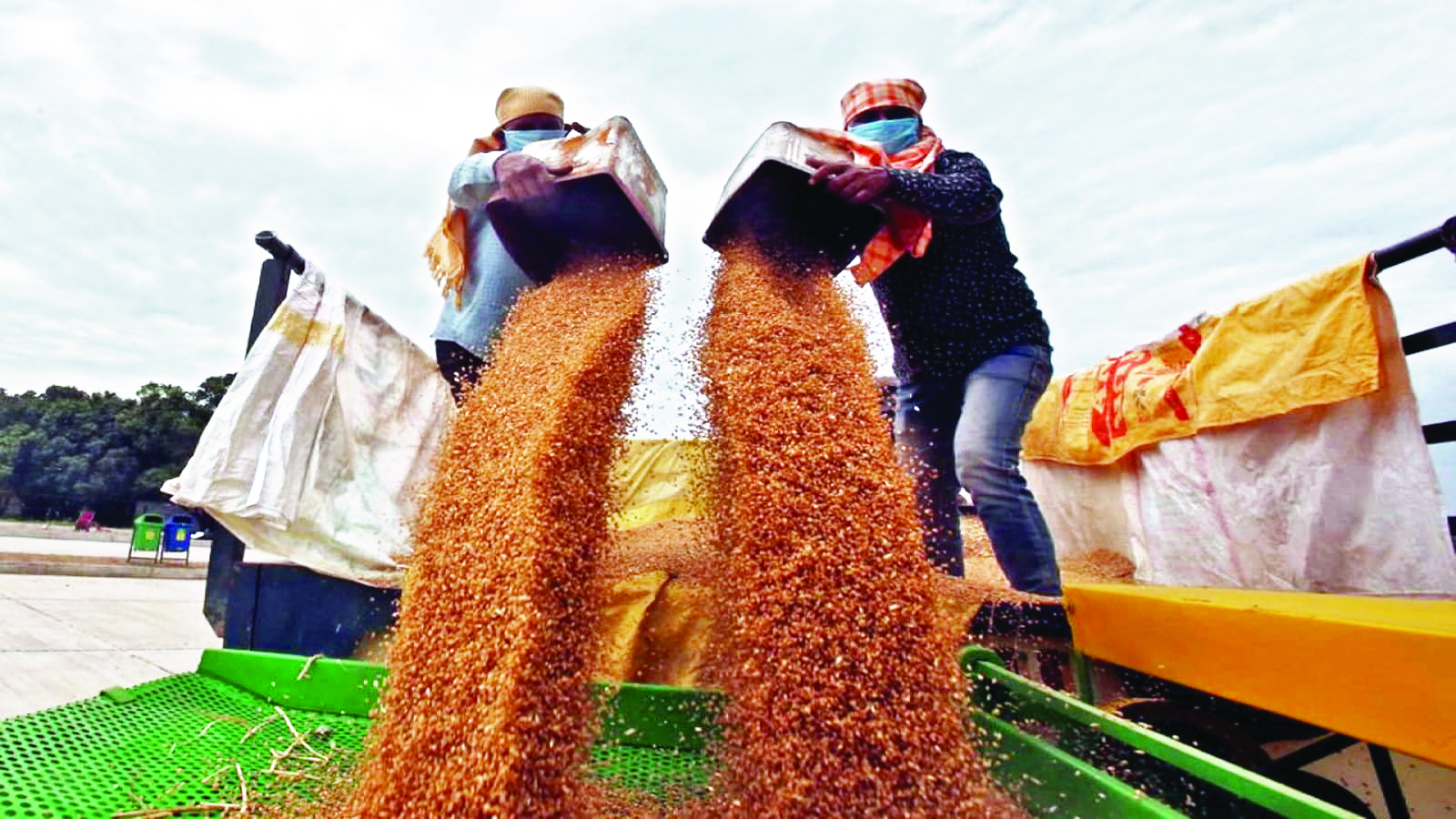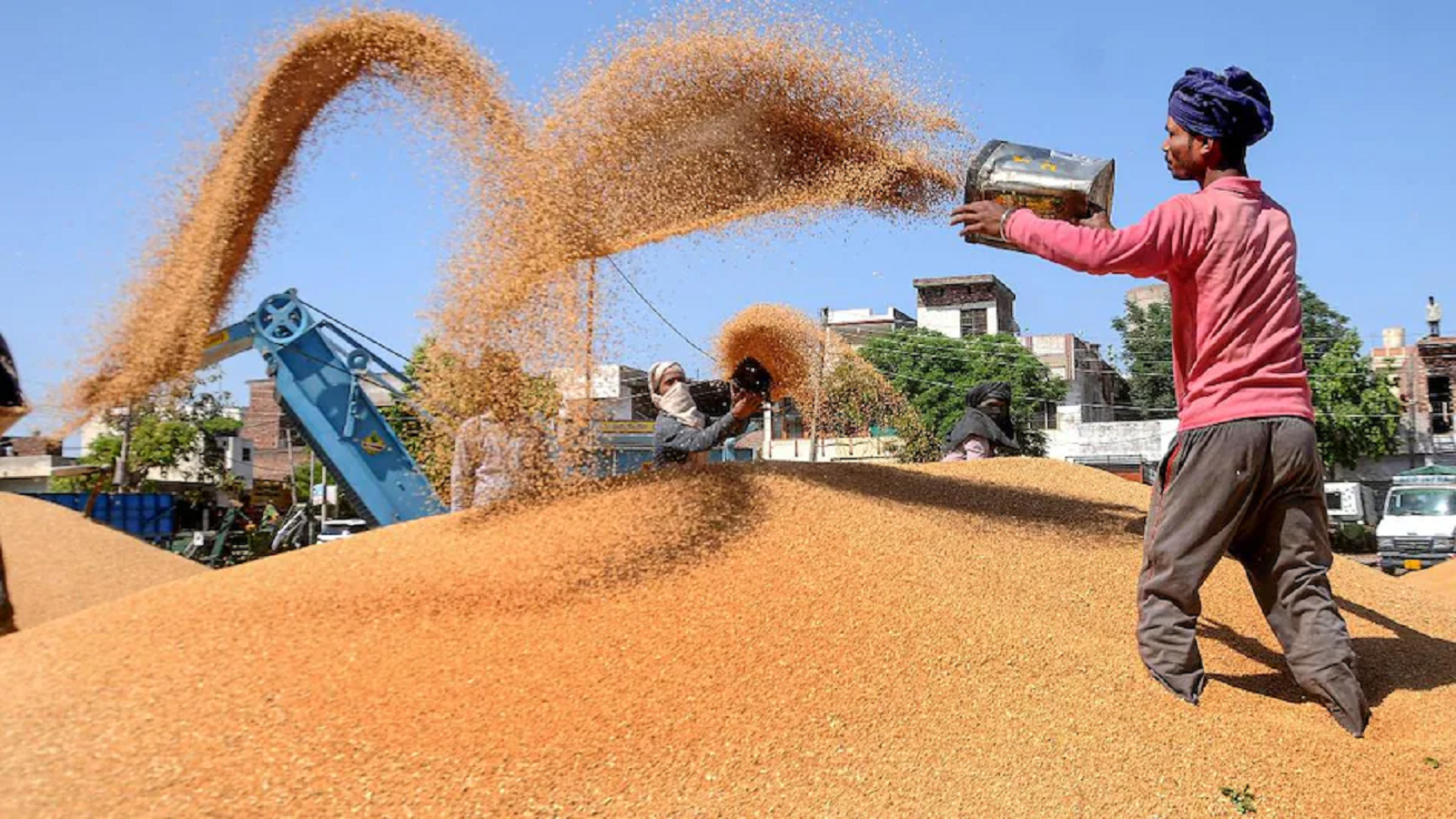The government is conducting a weekly e-auction for the sale of 2 MT of wheat in the market

The government is conducting a weekly e-auction for the sale of 2 MT of wheat in the market
In a notable move aimed at stabilizing wheat prices and enhancing its availability in the open market, the government has sold 2 million tonnes (MT) of wheat through its weekly e-auction platform.
This step signifies the government’s proactive approach in ensuring food security while maintaining transparency in grain sales.
The government maintains a buffer stock of essential commodities, including wheat, to ensure food security and to stabilize prices. Over time, these buffer stocks can grow larger than what is necessary for the country’s food security needs.

The surplus is then released into the open market to prevent wastage due to storage constraints and to check price inflation.
To lower retail costs, the Food Corporation of India (FCI) started holding weekly e-auctions on June 28 and has since sold around 2 million tonne (MT) of wheat from its stock in the open market.
In contrast to the 0.2 MT offered on the e-auction, the firm sold 0.18 MT of wheat on Wednesday, bringing the total amount of wheat sold this year to 1.99 MT. Weekly e-auctions are used to sell wheat for a reserve price of Rs 2,125/quintal, which is equal to the MSP in effect at the time.
According to a representative of the food ministry, the weighted average selling price of wheat under the open market sale plan in August 2023 was Rs 2,254.71/quintal, but that price dropped to Rs 2,172.86/quintal in the Wednesday e-auction.

In a note from the food ministry, it was stated that the weighted average selling price of wheat had been declining and that this trend pointed to a cooling of market prices. The note also stated that “in each weekly e-auction conducted, the quantity sold has not crossed 90% of the quantity offered, which shows that sufficient stocks of wheat are being offered throughout the country.”
In order to manage prices, FCI is now selling 0.2 MT of wheat every week on the open market from its inventories.
In contrast to the buffer of 20.52 MT for October 1, FCI had 26 MT of wheat at the beginning of the month.
The sale of 5 MT of wheat was announced by the government in August in an effort to stem the surge in food prices. Chopra has previously suggested that the government was thinking about taking many actions, including lowering the import tax on wheat.

While the government keeps an eye on price changes, according to Chopra, the average retail price of wheat has remained consistent at roughly Rs 30/kg.
As local prices have decreased, India increased the levy from 30% to 40% in April 2019 in an effort to deter imports of less expensive wheat.
The government has recently announced a number of steps to rein in price increases, including a prohibition on the export of white rice, the opening of the wheat and rice markets, and the reinstatement of stock holding restrictions that were last used in 2008.
However, since July 5, FCI has only been able to sell 77,520 tonnes of rice. In contrast to the 0.32 MT of available sales, only 7,700 tonnes were sold to bulk purchasers.

E-auctions ensure that grain sales are transparent. Every participant has an equal opportunity, and prices are determined based on market demand and supply dynamics.Electronic platforms reduce the time taken for transactions, making the entire process more efficient. It also minimizes the chances of manual errors.
Online auctions allow a larger number of buyers to participate. This broad-based participation ensures better price discovery and distribution of grains across different regions.The release of 2 MT of wheat into the market is expected to stabilize wheat prices. An increase in supply typically dampens excessive price hikes, benefiting the end consumers.
Industries that rely on wheat as a raw material, such as the flour milling industry, bakery products, and other wheat-based food items, will get a boost with the increased availability of wheat.Regular release of grains in the open market discourages hoarders and middlemen from stockpiling, which can artificially inflate prices.

The swift movement of 2 MT of wheat from government granaries to market locations requires robust logistical support. The government needs to ensure that there are no bottlenecks in transportation and distribution.Wheat being a perishable commodity, the government needs to ensure that the quality of the wheat being auctioned is up to standard. Regular quality checks before releasing them into the market are crucial.
While e-auctions have democratized the bidding process, the government needs to ensure that small and medium-sized traders and businesses can participate in the process without any disadvantage.

The government’s decision to sell 2 MT of wheat through weekly e-auctions showcases a commitment to leveraging technology for efficient and transparent governance. By balancing the country’s food security needs with market dynamics, such initiatives benefit both producers and consumers. It will be essential to monitor the long-term impacts of such sales on the overall grain market and make necessary adjustments to the strategy in the future.




